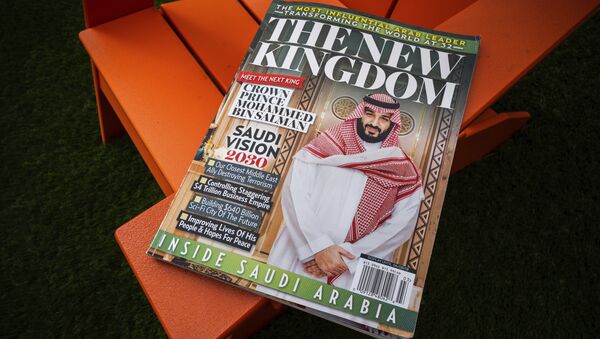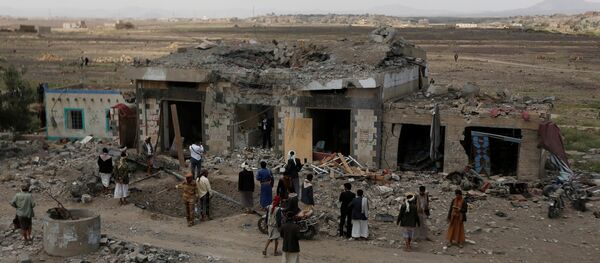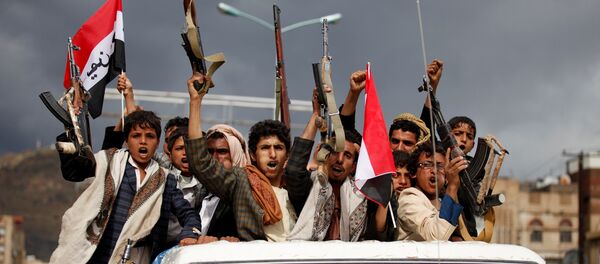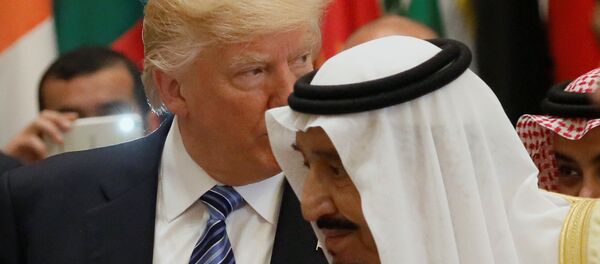The magazine's publisher, American Media, Inc. (AMI), which publishes popular US tabloids such as "The National Enquirer" and "US Weekly," has previously been accused of having links to US President Donald Trump.
Two anonymous individuals reportedly obtained metadata embedded in the PDF file of "The New Kingdom," the paean to Riyadh, that reveals the magazine was produced by an AMI production employee at 8:41 p.m. February 19. AP did not reveal any information on where the individuals work or what affiliations they may have to AMI.
The magazine was then distributed internally among officials at Saudi Arabia's embassy in Washington. It also made its way to the embassy's military office and to Nail al-Jubeir, brother of Saudi Foreign Minister Adel al-Jubeir. By February 20, the publication had been circulated to Washington foreign policy contacts, according to the two anonymous contacts.
The recent revelations suggest that the $13.99 magazine, which consists of nearly 100 pages commending the Kingdom of Saudi Arabia and its Crown Prince Mohammed bin Salman, are part of a global campaign to shift the Western public's opinions of the oil-rich Middle Eastern nation.
"Publishing this special interest publication was a business decision made by AMI in an effort to capitalize on a topical and timely event," a spokesperson for AMI said last month, the Middle East Eye reported. "AMI saw this as a unique opportunity to capitalize on the attention surrounding the crown prince's visit to the US and the growing interest and curiosity in Saudi Arabia."
"AMI's only revenue from this product will come from newsstand sales," the spokesperson added.
On March 24, a senior adviser from the Saudi embassy in Washington tweeted that "neither the embassy nor any other part of the government commissioned this and we don't know who did. If you find out, we'd love to know."
According to the anonymous sources, AMI contacted officials at the Saudi embassy in Washington to ask for input on the content, although the officials reportedly never responded.
"Absolutely not," AMI spokesman Jon Hammond responded when AP asked him if AMI had been paid by the Saudis.
Saud Kabli, the Saudi embassy's communications director in Washington, also confirmed that the embassy had "no role in the production of the magazine."
"We don't have a problem with the magazine, but we just don't think it is effective," Kabli told AP recently.
According to AP, Tineye, a reverse-image search tool, reveals that many of the photos pictured in the magazine are sand-dune surfing images from Namibia, indoor greenhouses from the Netherlands and wildlife pictures in Zambia and Israel.
In March, Trump welcome Mohammed bin Salman to the White House, reaffirming the US administration's desire to further improve relations with the Middle Eastern country.
"The relationship is probably the strongest it's ever been," Trump told reporters during the meeting late March. "We understand each other. Saudi Arabia is a very wealthy nation, and they're going to give the United States some of that wealth hopefully, in the form of jobs, in the form of the purchase of the finest military equipment anywhere in the world."






